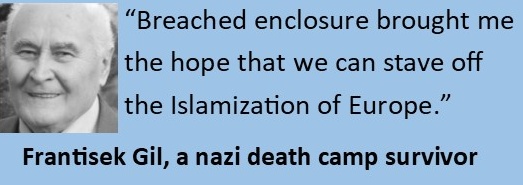In the previous parts I explained that a nation-state needs citizens who connect their future and identity to that nation-state. That is why they are determined to defend it and to undergo various inconveniences. The state needs its citizens, the citizens need their state.
The state needs its citizens, the citizens need their state.
According to the scheme of systems sociology, four subsystems must function at the national level:
– ECONOMY (currency, capital ownership, jobs, products, energy, agriculture, etc.).
– POLITICS (political discourse, laws, elections, courts, police, military, etc.)
– RELATIONSHIPS (family, friends, neighborhood communities, clubs, etc.)
– CULTURE (language, education, role models, high culture, national cultural institutions, etc.)
If any one of these breaks down or is replaced by a global subsystem, the nation-state can only function in a limited way. And vice versa.
The independent Czech nation-state was established in 1918, but the aforementioned subsystems (Czech economy, Czech political discourse, Czech social life, Czech culture) were built more than 100 years before that. Therefore, independent Czechoslovakia could function quite well.
On the contrary, at present these subsystems are being destroyed or replaced by global products. This is a consequence of the fact that states have resigned themselves to taking care of these areas, or have left them to the free market. The result will not be more freedom, but the collapse of nation states and the destruction of all civil liberties.
Concern for this complex systemic environment is essential to ensure that the nation state can provide individuals and families with the benefits they expect.
Concern for this complex systemic environment is essential both to ensure the stability of the nation state and to ensure that the nation state can provide individuals and families with the benefits they expect (security, stability, life chances, a sense of belonging, solidarity, justice). If a person lived in a European nation state but remained the plaything of transnational economic forces and had his lifestyle determined by a San Francisco advertising agency on the orders of a Chinese investor, it would quickly become clear that defending the nation state was an unnecessary complication. This would be discovered with bitterness by those who today advocate withdrawal from the political union, while promising to remain in a kind of supranational economic space where national governments would have little room to control anything.


